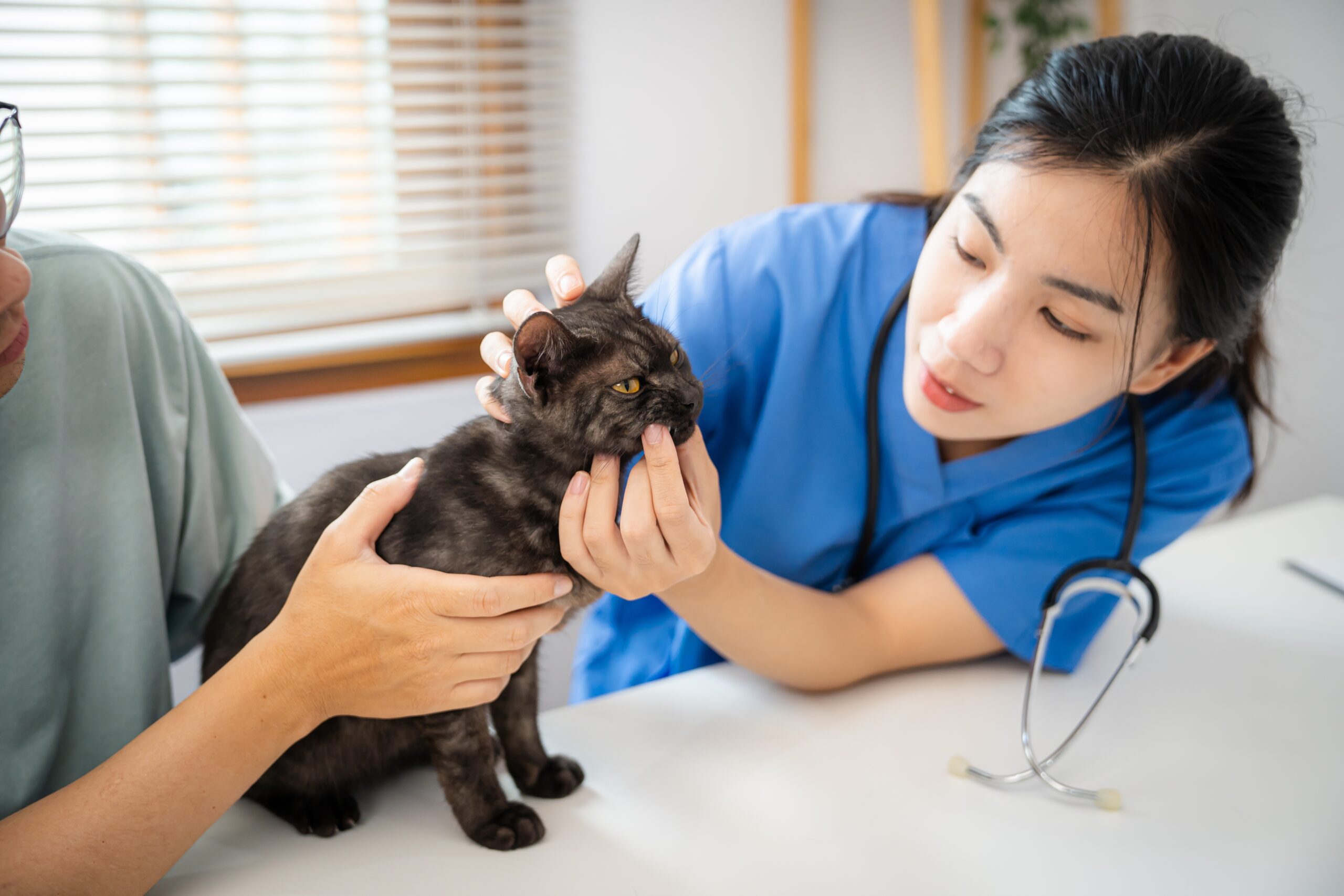Tying up also known as Equine Rhabdomyolysis (ERS) or Monday Morning Disease. It is described as severe and painful muscle cramps, limiting the horse’s movement. It commonly occurs after heavy exercise. Muscles are very complex tissues that require a delicate balance of nutrients, electrolytes, oxygen and sugar to function correctly. If there is an imbalance in one or more of these elements, it can cause severe muscle cramping. The cell structure in the muscles can be become damaged.
Tying up is common in Racehorses due to the nature of their work but it is not limited to Thoroughbreds. Tying Up can occur in any breed, age or gender of horse or pony.
If your horse is presenting with signs of Tying up contact your Vet immediately. Limit their movements, as it may result in muscle fibre tears, causing long-term tissue damage. If they are sweating, sponge them down. Washing with cold water DOES NOT cause tying up or further muscle spasms. If they are being ridden, the rider must dismount immediately and remove tack.
The first thing I look at with a horse that is suffering from reoccurring episodes of Tying Up is, diet. What is going into the body or in some cases, what are they NOT getting. High starch, low fibre diets is a big contender. A horse that has little turn out and is stabled for long periods of the day, this causes stress, leading to a high risk of ERS. We can see how certain equines would be at higher risk of ERS than others.
Little turnout, boredom, stress, high energy diets are all too familiar realities in a high performance yard. It is a common misconception that Lactic Acid accumulation is the main cause of Tying Up but in fact, there is no evidence to support this theory. Studies have shown that Lactic Acid is not present at all in muscles at the time of Tying Up.
Monday Morning Disease
This was a common old term used for horses that were Tying Up. Why? Typically, horses would go for a days hunting or steeple chasing on a Sunday, be fed a large bucket of whole Oats or Barley as a ‘reward’ and on Monday they would present signs of chronic Tying Up the day after.
As I always say, it is better to find the root of the problem and treat that rather than just treating the symptoms. If a horse is Tying Up repeatedly, find the cause and work back from that.
Firstly, I would suggest reviewing the diet, offer ad lib forage and turn out for as long as possible, all day turnout if you can. Look at hydration levels and electrolytes. Getting blood work done may give you the clues you need to fix the problem.


Share
Your subscription is 100% Free for our first year, No credit card details required.

The Judging Concerns That Keep Coming Back — And Why They Can’t Be Ignored Anymore We didn’t make it to

There are few sporting events that live up to the hype. Wimbledon? Too many strawberries. Cheltenham? Too many suits. But

British Veterinary Association publishes full response to Competition and Markets Authority’s proposed remedies for veterinary market for household pets. The